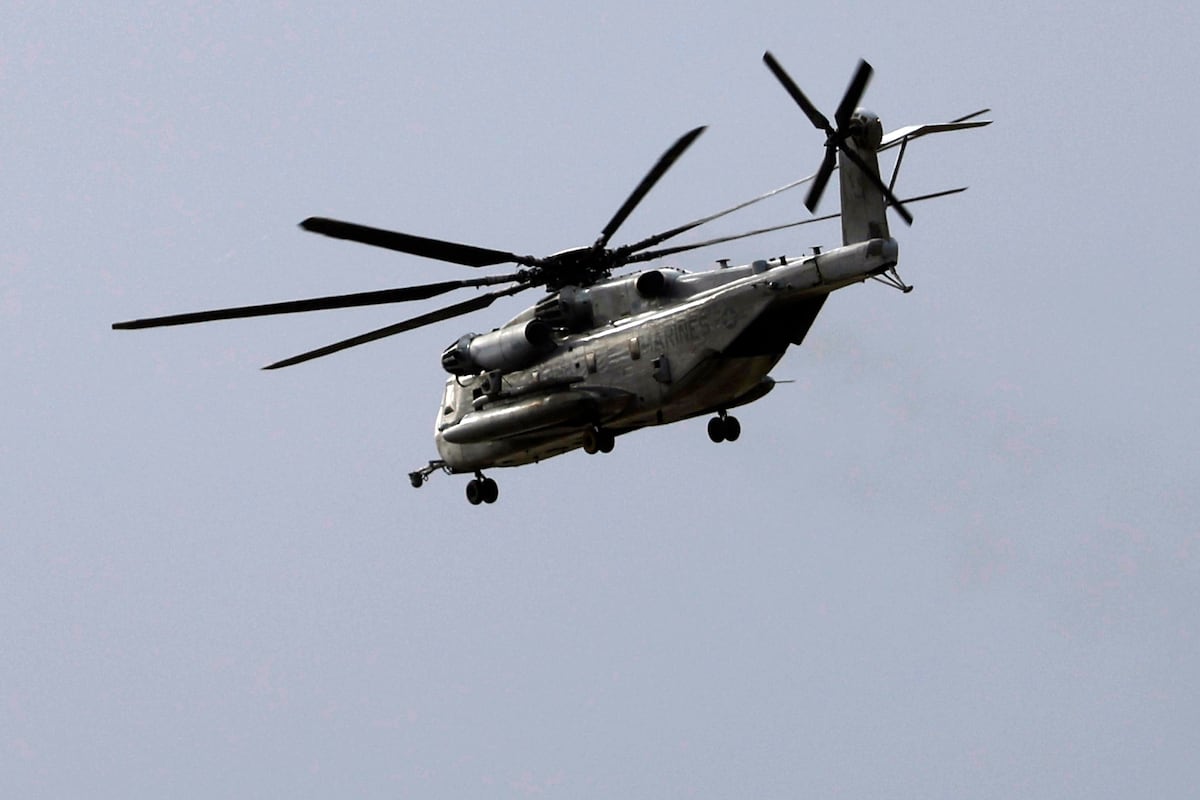Female recruits now shipping equally to MCRDs Parris Island, San Diego

The Marine Corps has hit its goal of assigning women to its boot camps the same way it assigns men, recruiting and training officials confirmed to Marine Corps Times.
In fiscal 2024, according to Maj. Hector Infante, a spokesman for Marine Corps Training and Education Command, the service sent 1,471 female recruits to train at Marine Corps Recruit Depot Parris Island, South Carolina, and 1,484 women to MCRD San Diego, California, a boot camp formerly closed to women.
At Parris Island, women made up 11.3% of all non-prior service recruits last fiscal year, while they made up 10.5% of the total at San Diego, Infante said. In all, 13,003 non-prior service recruits trained at Parris Island last year, and 14,162 trained at San Diego.
In December 2023, Marine Corps Times reported that the Corps was on track to even out the gender balance at its two boot camps by the close of the fiscal year, which ended Sept. 30. In this, the service met a congressional mandate set in the 2020 National Defense Authorization Act to fully integrate recruit training by gender within five years. The service initially projected it would take until 2026 to reach the target.
As officials with TECOM and Recruit Training Command explained, future years may not see such an even distribution of female recruits at the two boot camp locations.
For the Corps, they said, the target was to assign women to boot camp the same way men were assigned: roughly, by geographic region. With some exceptions, those from the Western Recruiting Region, which largely lies west of the Mississippi River, ship to San Diego; while those in the Eastern Recruiting Region go to Parris Island. The Corps could ship according to this same scheme in the future and see a greater proportion of women at one boot camp than the other.
To achieve its target distribution, the Marine Corps said it needed to increase its population of female drill instructors from 134 to 207, a goal it first publicized in 2021.
As recently as late 2022, service officials were expressing concerns about reaching that goal, particularly in light of the COVID-19 pandemic, which caused a recruiting slump and left fewer female noncommissioned officers available for assignment as drill instructors.
“It’s a balancing act,” TECOM Chief of Staff Col. Howard Hall told the Defense Advisory Committee on Women in the Services in December of that year, saying the Corps then projected to reach its target of 207 female DIs by 2027.
A TECOM official said the Marines had been able to meet the integrated recruit shipping goal because they’d established the number of female drill instructors they needed at San Diego. But neither TECOM nor Recruiting Command officials, after multiple queries, could provide details on when that staffing goal had been met and when, precisely, the full transition to geographically-based shipping had taken place. Requests for an interview on the topic were declined.
The Marine Corps, the last of the military services to segregate training by gender, has changed rapidly over the last five years under strong congressional pressure. The service allowed women to train at San Diego for the first time in early 2021. It marked another first at the same time by putting a platoon of female recruits inside a male training company.
In June 2023, the service deactivated Parris Island’s 4th Recruit Training Battalion, previously the only unit in the Corps where female recruits could be trained.
While Marine leaders had long defended the Corps’ gender-segregated training model as helping to forge strong relationships and establish same-gender role models, critics said the separate units allowed male recruits and staff to belittle their female counterparts and view their training as lesser.
And though female and male Marine recruits now train in integrated companies at boot camp, platoons are still segregated by gender. Officials have said they continue to view integrated platoons as bad for the Corps and recruit development. The service has also declined to proceed with recommendations to create mixed-gender drill instructor teams, citing manpower limitations in its female NCO population.
“I’m a one-standard kind of individual,” Lt. Gen. Kevin Iiams, then commander of TECOM, said in 2022. “I don’t want to have mixed DI teams for only portions of the recruit population. … It’s got to be everyone.”







